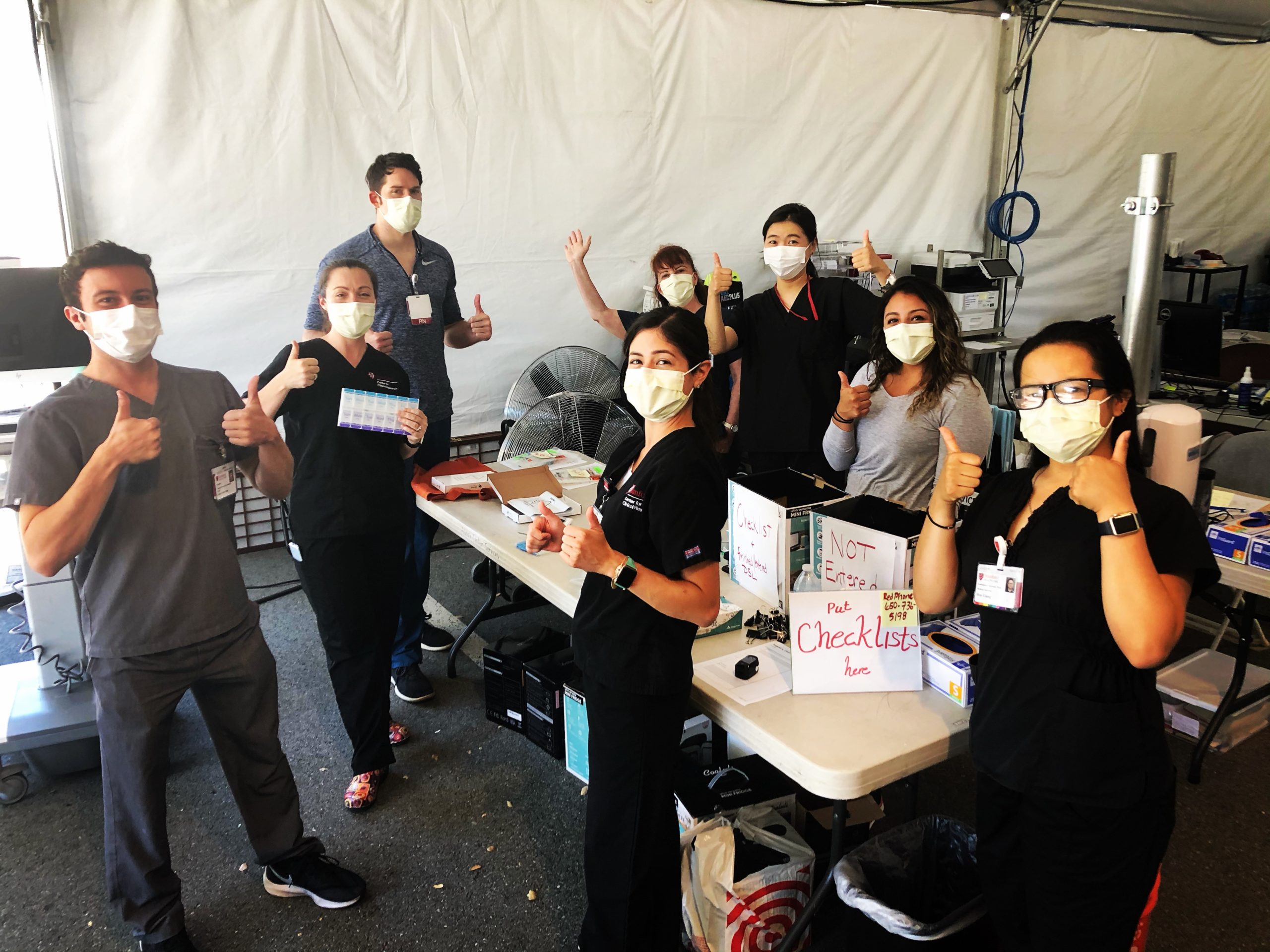A team of Stanford researchers have begun a clinical trial on Favipiravir, an antiviral drug that aims to reduce symptoms of COVID-19 and lower the risk of death for patients. The study, which began in July, is led by principal investigators Yvonne Maldonado and Chaitan Khosla. The medication comes in the form of a pill taken twice per day for 10 days and, if approved by the Food and Drug Administration (FDA), may become accessible for outpatient treatment of the novel coronavirus.
Favipiravir is approved for antiviral use in Japan to treat the influenza and is known to have minimal to no side effects. The drug is now being investigated as a possible treatment for COVID-19 in several other countries, and was recently approved for use to combat the virus in Russia.
“We do have a lot of experience as a medical community with this medication since it has been used in large trials for influenza and has generally been well tolerated,” said Marisa Holubar, clinical associate infectious diseases professor at Stanford and one of the site investigators for the trial. The Stanford Health Care study is currently the only clinical trial of Favipiravir in mild COVID-19 cases in the United States.
Researchers are hopeful that the medication will help mitigate the symptoms of the virus, including lowering the amount of time patients experience symptoms and decreasing risk of death.
“This particular drug inhibits replication of the virus by essentially stopping the machinery that allows the virus to make copies of itself,” Holubar said. A replicating virus refers to one that is able to make multiple copies of itself and reproduce within a person, Holubar explained, and people that have more copies of the virus are thought to be more likely to spread the virus to other people.
“So, the idea here is that Favipiravir halts that ability and then could ultimately lead to less virus in an infected patient and then less virus to pass on to the next patient,” she added.
Currently, the only approved treatment for COVID-19 in the U.S. is Remdesivir, which is an antiviral drug only available in hospitals in intravenous form.
“I think there’s a lot of discussion about vaccines but effective treatment is also really important, especially if effective treatment can lead to less community spread of the disease,” Holubar said.
Participants in the clinical trial will either be given the drug or a placebo at random, and are closely monitored every day for the first 10 days of the 28-day enrollment, which includes daily surveys of symptoms and nasal swabs to measure viral shedding. To qualify, participants must receive a positive coronavirus test result within three days of enrollment in the clinical trial.
“Being able to treat a disease with a medication that the patient can take themselves at home is, logistically, much easier and will reach many more people than a medication that has to be given through injections,” wrote Maja Artandi in an email to The Daily. Artandi is an internal medicine physician with Stanford Healthcare who is unaffiliated with the study.
The phase two study will track a total of 120 patients and is currently at half capacity, “but we are trying to enroll quickly and already are gathering data so that we are able to deliver results as soon as possible,” Holubar said.
After this trial ends, a phase three study will be conducted with a higher number of participants, and then results are sent to the FDA for potential approval of the drug.
“We hope the results of the trial will give important new information about how to treat coronavirus infections for the many people who get disease,” wrote infectious diseases clinical professor Aruna Subramanian in an FAQ sheet provided to The Daily.
“It’s important for the community in general to know these trials are going on for us as a larger, broader community to combat the COVID-19 pandemic. We need a lot of answers, and one of those answers may be trying to find effective treatments,” Holubar said.
Contact Samantha Nichols at nicholssc03 ‘at’ gmail.com.
